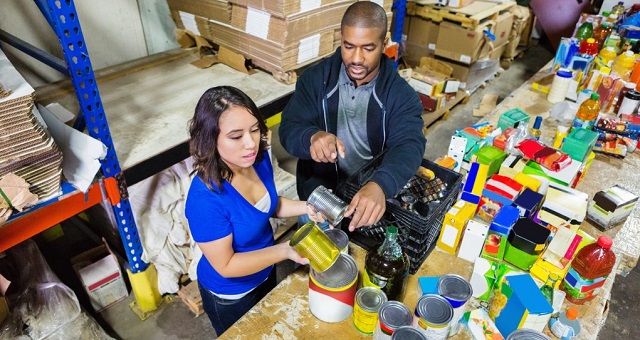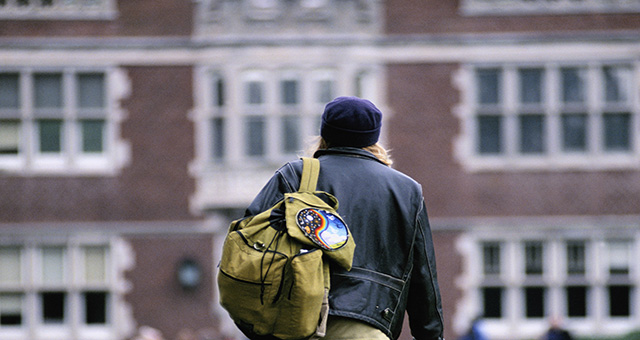Helping First-Generation College Students in Florida
Students who are the first in their families to attend college face many challenges. They’re often unfamiliar with the process of getting into a college. Sometimes their families are not supportive of their attending college. And frequently, they don’t have the financial support they need. So not only can they...
Food Banks Address Hidden Hunger on Campus
Anyone who’s ever been to college knows the old joke about the “freshman 15.” It’s not uncommon for first-year students to gain around 15 pounds during that first year on campus. But having too much to eat is not the problem many of today’s students face. Instead, they’re up against...
Rise of the Transfer Student
Transfer students were second-class citizens. Although they always had a place at regional public institutions, many private colleges and universities largely ignored them. Admissions offices were built to work with freshmen, and transfer students were messy. They brought credits that were viewed as inferior and that did not fit into...
Attracting Environmentally Conscious Students
Edgewood College’s beautiful wooded campus is situated on Lake Wingra in Madison, Wisconsin, in a mixed-use neighborhood not far from the western edge of the University of Wisconsin engineering campus. The college’s neighbors include middle-income homeowners, university students and other renters, and small businesses and restaurants. “Madison is a more...






